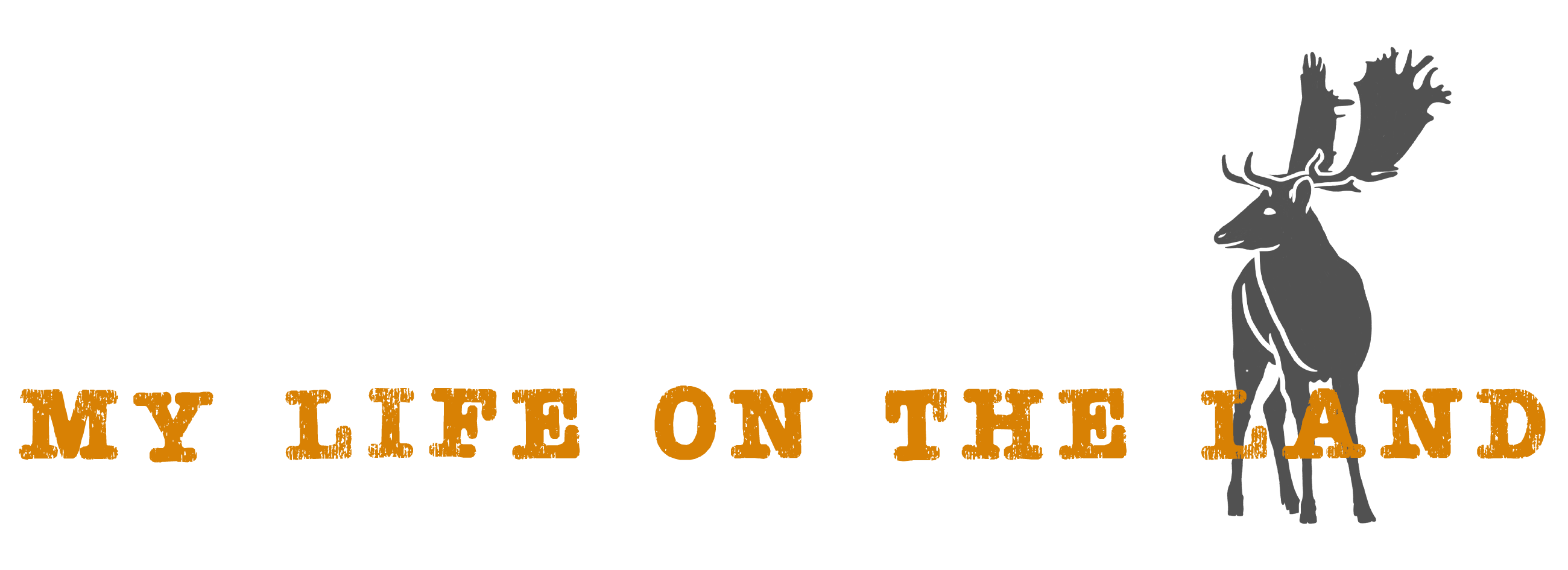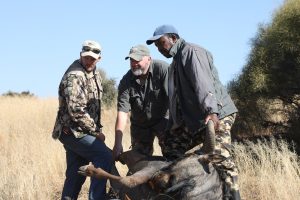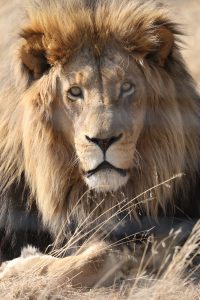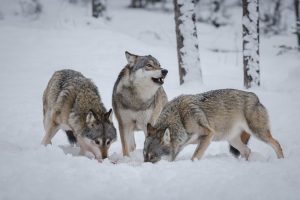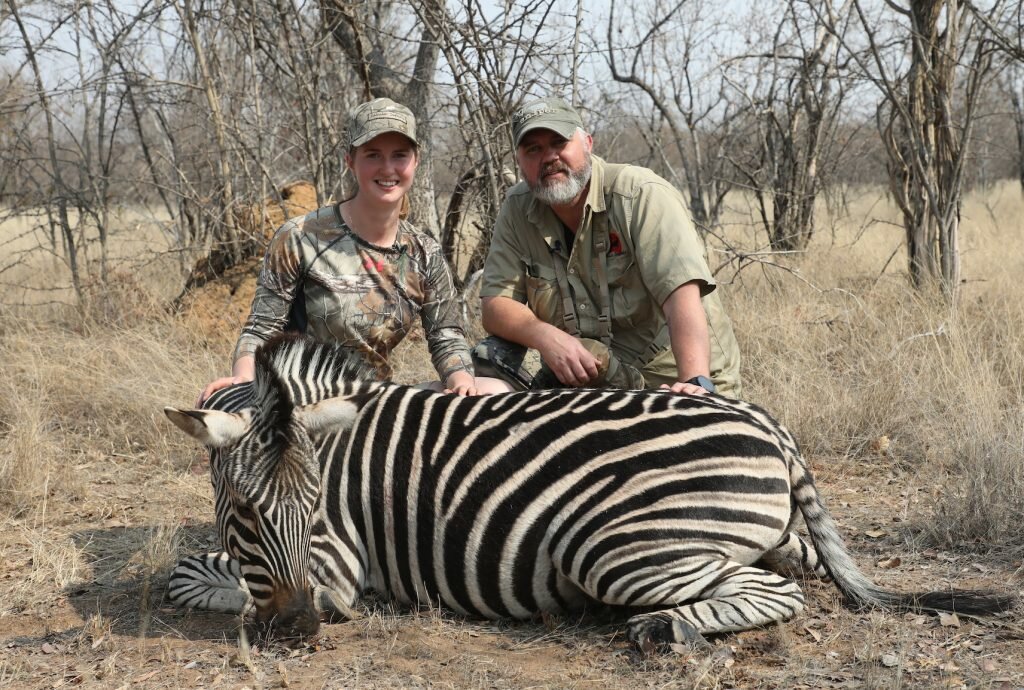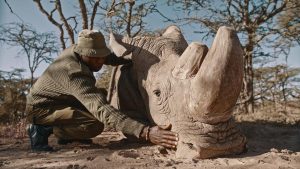Is anti-hunting a new form of colonialism? Think about it: where does most of the opposition to trophy hunting in Africa come from? Are Western nations trying to force their will on Africans?
In this guest blog, John Ogilvie discusses the philosophical implications of Western governments and activists opposing legal hunting programs in Africa.
Opposition to Hunting in Africa – A New Form of Colonialism – by John Ogilvie
In my last blog, I focused on the outrage surrounding a Parks and Wildlife manager (Jewell Crossberg) who was harassed over photos he had posted from a legal hunting safari in South Africa. I also took the time to briefly articulate how well-regulated hunting can be a useful conservation tool.
The man in question has since been removed from his position because of the misguided public outrage, and WA Government officials (including the Premier) did absolutely nothing to try and calm things down or correct the misinformation being spread about hunting in Africa.
Before I continue to the main point of this piece, let’s just briefly point out the hypocrisy on display here.
These same Australian Government officials who are profoundly opposed to African nations managing their wildlife as they see fit have no problem mass culling kangaroos for management reasons or carpet bombing our public lands with 1080 poison.
With that out of the way, I want to discuss some of the philosophical implications of Western governments and activists being publicly opposed to legal, regulated hunting programs in Africa.
What message is being sent to African nations when the governments of Western countries like Australia and the UK openly state that they disapprove of their hunting and wildlife management programs?
It seems to convey the message that people in the Western world believe that African nations are inept and that they cannot be trusted to manage their own natural resources (i.e. wildlife), and that the West must step in to show them the ‘right’ way of doing things.
This sentiment seems to be reflective of a type of colonialism, and it is arguably one of the worst variants. For someone who claims to value multiculturalism, Western Australian Premier Mark McGowan seems to be quite intolerant of cultures and governments that do not share his views on wildlife management.
I am not the only person who has noticed this pattern of behaviour from Western government officials and activist groups.
After Botswana’s Government announced that it would lift its ban on elephant hunting in early 2019 due to elephant numbers exploding and an increase in human-wildlife conflict, the country received a significant amount of backlash from Western preservationist groups, individuals within the media and government officials.
Botswana’s President Mokgweetsi Masisi wasted no time in pointing out the absurdity of people in the West trying to dictate how Botswana should manage its wildlife.
Masisi noted that many people outside of Africa speak about it as if, “It’s a big zoo, and they (anti-hunting activists) are the keepers of that zoo.”
Safari Club International also recently conducted a series of interviews with African government officials and conservationists to get their perspectives on people in the West trying to impose their views on African countries. The sentiment shared by all the interviewees is that African nations know what they are doing when it comes to wildlife management and that anti-hunting campaigns by activists in the West frequently only harm conservation efforts.
Activists frequently fail to take the human element into account when it comes to matters of wildlife management, and you cannot develop a solid conservation strategy without consulting the people who have to live with wild animals.

Indigenous peoples around the world recognise that wildlife needs to be managed and that it can be a valuable resource when looked after properly.
About the author:
 John Ogilvie is a member of I Am Hunter and a keen hunter. He has a Bachelor of Arts (Major: Politics and International Relations), and a Bachelor of Communications and Media (Major: Film and TV Production). He has recently started writing about his thoughts on hunting.
John Ogilvie is a member of I Am Hunter and a keen hunter. He has a Bachelor of Arts (Major: Politics and International Relations), and a Bachelor of Communications and Media (Major: Film and TV Production). He has recently started writing about his thoughts on hunting.
If you would like to write articles for I Am Hunter, check out our Contributor Guidelines.
What is I Am Hunter?
I Am Hunter wants to change the way hunting is perceived and to change the conversation from a negative one driven by anti-hunters to a positive one led by hunters.
Our goal is to help hunters become positive role models and ambassadors for hunting, while simultaneously helping non-hunters understand why hunting is important.
You can become a supporter and help us achieve our goal and spread a positive message about hunting with the wider community.
Related content
If you would like to know more about hunting wallabies, kangaroos or deer in Tasmania, check out these related articles and podcasts.
Our other channels
Follow us on Facebook
Follow us on Instagram
YouTube
Subscribe to our YouTube channel.
Get our newsletter
Get our free monthly newsletter direct to your inbox
Listen on iTunes
Listen to our podcast on iTunes.
TV series
Watch I Am Hunter episodes on My Outdoor TV (MOTV)
